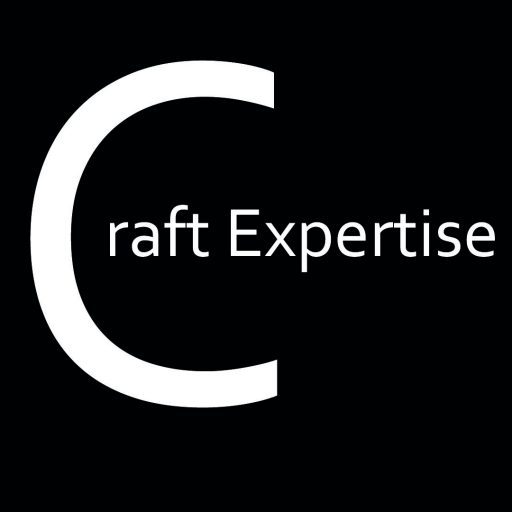It is now almost a year into this project ‘Supporting Diversity and Expertise Development in the Contemporary Craft Economy’, short name ‘Craft Expertise’. In November 2019 I presented initial findings from my interviews and observations to the Crafts Council team. I have written up my presentation into an informal working paper, which highlights the experiences of a group of women of colour in the UK craft industry.
In summary, there are barriers for people in minority groups to become professional makers which are social (including instances of racism and othering), cultural and economic. For those who are not from a relatively privileged background or with the necessary networks and educational level, it is particularly difficult to make a career and be adequately recognised in the sector.
One of my interviewees experienced outright racism at a craft market, many others speak about microaggressions from fellow makers, suppliers and customers, making them feel unwelcome in certain craft spaces. Microaggressions include looks, comments and preconceptions about the makers and their work which mean that sometimes they feel they are being judged because of their gender, class and/or ethnic origin, and not their work.
Microaggressions can make the craft industry unwelcoming for people who are not white and middle class, and there needs to be much more awareness of these problems. Diversity schemes which set out to increase the numbers of Black and Minority Ethnic (BAME) people in craft can work to an extent in terms of greater representation of diverse creatives. However, they can’t solve the underlying problems about how makers from BAME backgrounds, and their work, are perceived. For the remainder of the project I will continue carrying out interviews and analysis, and work with the Crafts Council towards addressing the issues highlighted so far.
